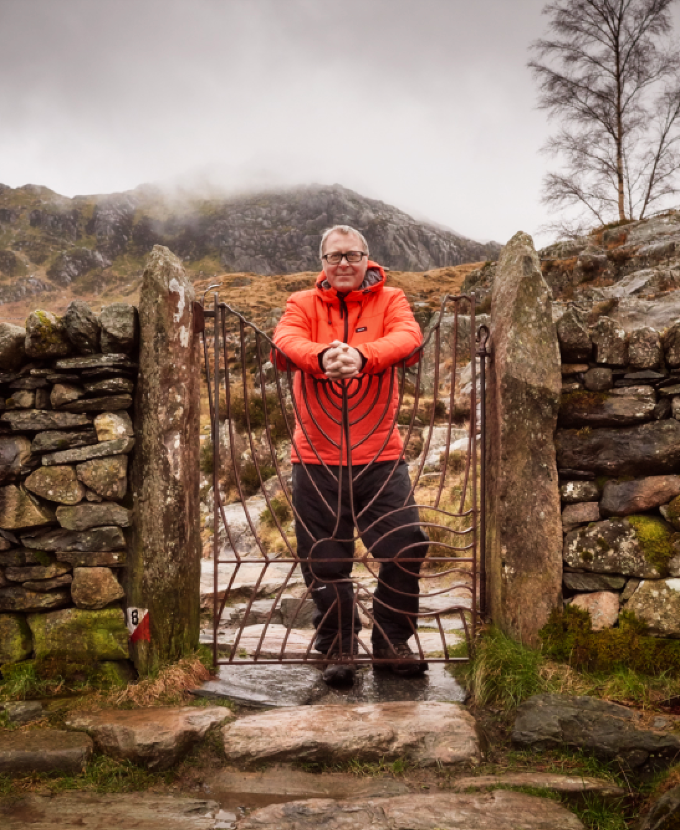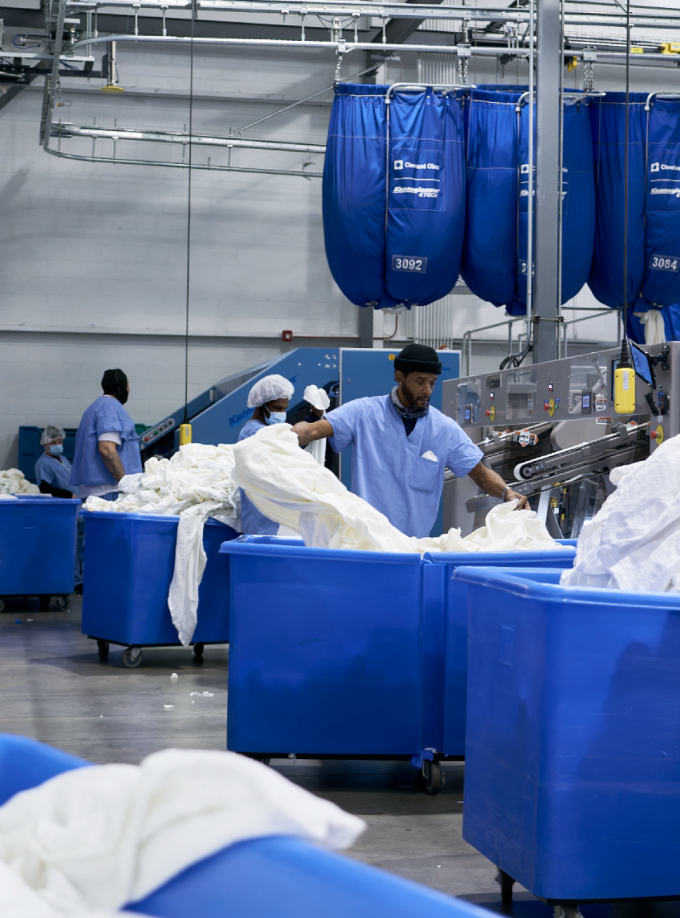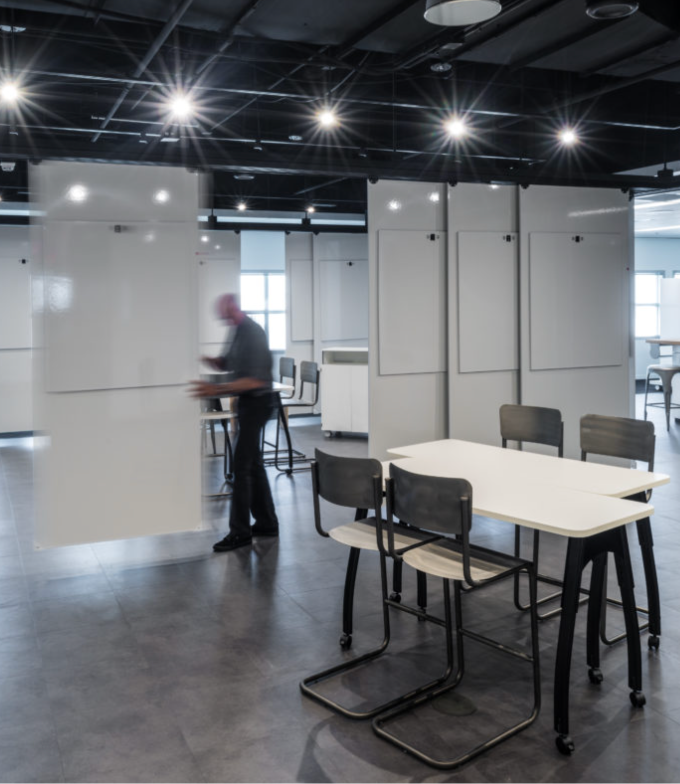October 31, 2025
Company
"What we face at the tail end of our industrial society is a design problem."

Alan Moore observes that real change happens when we connect things that don’t normally go together. Photo via Do Design
One of the reasons I feel hopeful about our collective future is that change itself changes. The mindset that got us here—linear, industrial, growth-at-all-costs thinking—no longer defines the path ahead. We are learning to embrace complexity and non-linearity, recognizing that an interconnected world demands new ways of adapting, collaborating, and creating solutions that are resilient and participatory.
Alan Moore, a British designer, writer, and innovation consultant, makes this case beautifully. In his book No Straight Lines: Making Sense of Our Non-linear World, he introduces the term "trilemma." He uses it to describe the interlocking social, economic, and organizational tensions that define our age, dimensions that are in constant flux and must be understood together if we hope to address today’s systemic challenges.
To illustrate, Moore points to three organizations built on open, cooperative frameworks: a socially driven car company, the crisis-management platform Ushahidi, and a sustainable organic dairy farm. Each models a different way of living and working, distributing wealth, and serving community needs.
Moore suggests that these examples point toward a more humane, lightweight, and sustainable reality, one that grows out of participatory cultures, open-source platforms, and collaborative approaches.
Not surprisingly, he argues that our greatest challenge is not technological but cultural: changing how we make sense of complexity and how we foster creativity at every level of society. Yet he’s also reassuring. The solutions he highlights are not theoretical or out of reach. They’re already taking shape in ordinary settings—in schools, hospitals, workshops, and local businesses—where people are experimenting with more connected, life-giving ways of working.
That, to me, is the real reason for hope: a better future is already emerging wherever people choose to design for wholeness instead of control.
"One could argue our industrial world has reached the edge of its adaptive range. Consequently, faultlines are running through our society which present a trilemma based around interlocking social, economic and organisational tensions and questions. The design challenge involved in resolving these questions comes because the non-linearity is causing a comprehensive restructuring of society at large, breaking old models of organization, and the trilemma heralds the coming of the age of uncertainty."
ARTICLE: An Introduction to the Book No Straight Lines: Making Sense of our Non-linear World




